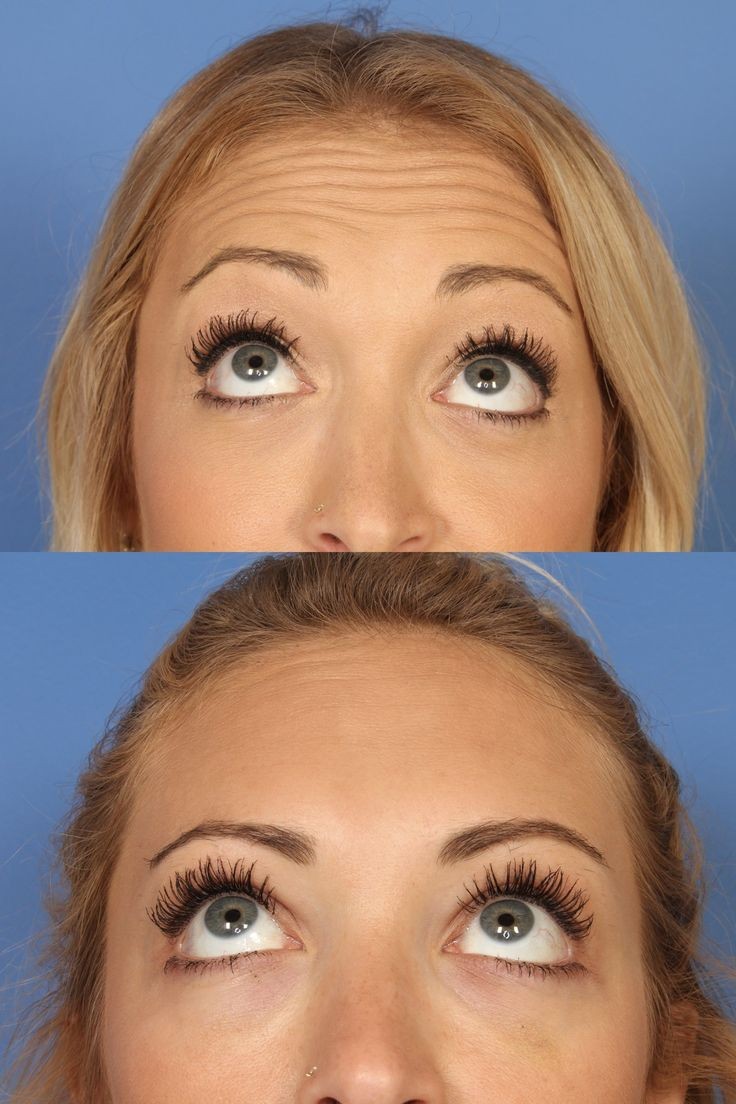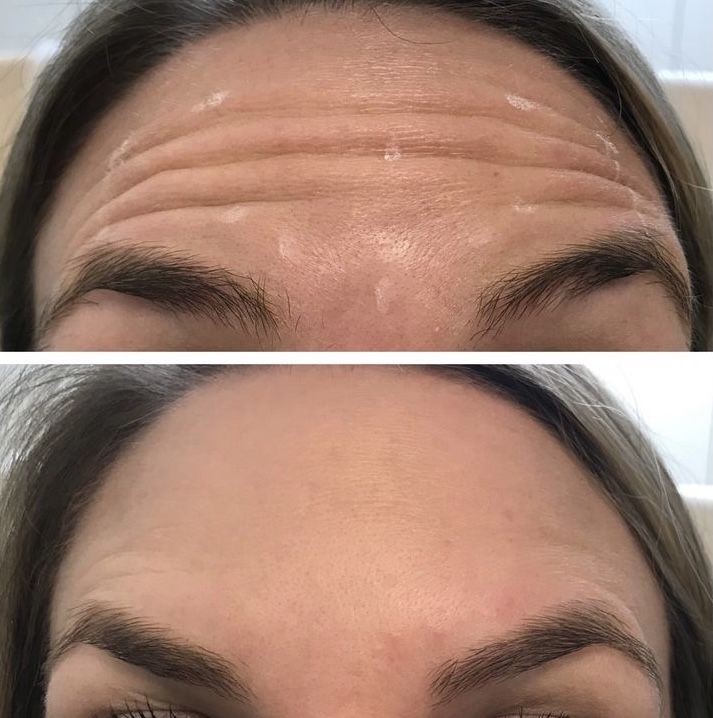The Popularized Use of Botulinum Toxin is Bringing a Revolution in Esthetic Medicine
What is Botox?
Botox is a neurotoxin—a very diluted form of botulinum toxin. Its distilled form can be used to relax the muscles with the idea of blocking the local nerve impulses to specific facial muscles to prevent frowning and excessive facial expressions that cause new and deep wrinkles.
Is Applying Botox Dangerous?
Applying Botox injections can be completely safe when done properly by an experienced specialist doctor. It has been approved in esthetic medicine in 2002. It is one of the most used medications worldwide with only pain medications being used more. Forehead and frowning wrinkles can be significantly reduced after applying Botox and it can prevent their appearance in the first place on a younger face.
What Does Applying Botox Look Like?
The exact dose of the product is injected and certain spots on the forehead, between the eyebrows, or around the eyes. Very thin needles/microneedles are used to make the procedure more comfortable for the patients. The entire process takes about 15 minutes. A local anesthetic (creme) is used before the injections.
When Is the Right Time for Botox Injections?
Botox injections are used to weaken or paralyze certain muscles or block certain nerves.
Botox is most commonly used for:
- Eyelid or eyebrow asymmetry
- Forehead wrinkles
- Wrinkles at the corners and around the eyes
- Vertical wrinkles on the forehead, in between the eyebrows as well as the nose and around the nose
They are not applied to the muscles that lift the eyebrows so the patient can still control the usual facial expressions.
When Can We See the Effects of Botox?
The effects of the treatment are visible within 10 to 14 days after the procedure.
Botox is not permanent so the effect lasts 6 to 8 months and it can be repeated six months after the First injections.
If the treatment is repeated regularly, the activity of the muscles is reduced which elongates the effect of Botox.
What’s the Perfect Age for Botox?
Medical experts agree that Botox can be applied after the mid-20s. During the 20s it is used to prevent and delay the appearance of first wrinkles as well as to slow down the aging process. In our 30s botox is used to keep the youthful freshness of the face. In our 40s Botox can be used to remove wrinkles, even deep ones, and by doing that, bring back our youthful appearance.
After the Procedure
Patients usually do not feel pain or discomfort after the procedure so you can wash your face or apply skin care products as usual.
You can put on makeup after the treatment, but it is important not to apply pressure in the regions of the Botox injection in the first few hours after the procedure.
This procedure does not change your daily routine or sleeping habits. Just keep in mind to avoid lying on your stomach if you choose to lie down a couple of hours after the procedure.
Are There Side Effects?
Studies show that the side effects of Botox are extremely rare and if there are some, they are usually minor and go away quickly.
A small number of patients can experience bruising around the place of the injection if they have certain skin issues or have previously been taking certain medications but the bruising goes down quite quickly.
Some patients can experience lumps in the area of the injection that goes away a couple of minutes after finishing the treatment.
Very rarely the patient can experience a headache that can be treated with pain medication.
What Should I Avoid Doing Before and After the Treatment?
At least four hours after the procedure you should avoid rubbing or massaging the region where the Botox has been injected.
During the same time period, you should avoid lowering your head or lying on your stomach.
For a couple of hours, avoid wearing hats or scarves that go around your head.
Intensive exercise should be avoided 24 hours after the treatment.
24 hours before and after the treatment you should not consume alcohol or anticoagulants.
Who Should Not Do the Treatment?
If you are pregnant, breastfeeding, or have neurological disabilities you should not be using Botox.
You can book your free consultation in Atlas General Hospital by calling 011/785 88 88 or 060/32 92 411 where you can learn more from our esthetic surgery specialists before the procedure.


